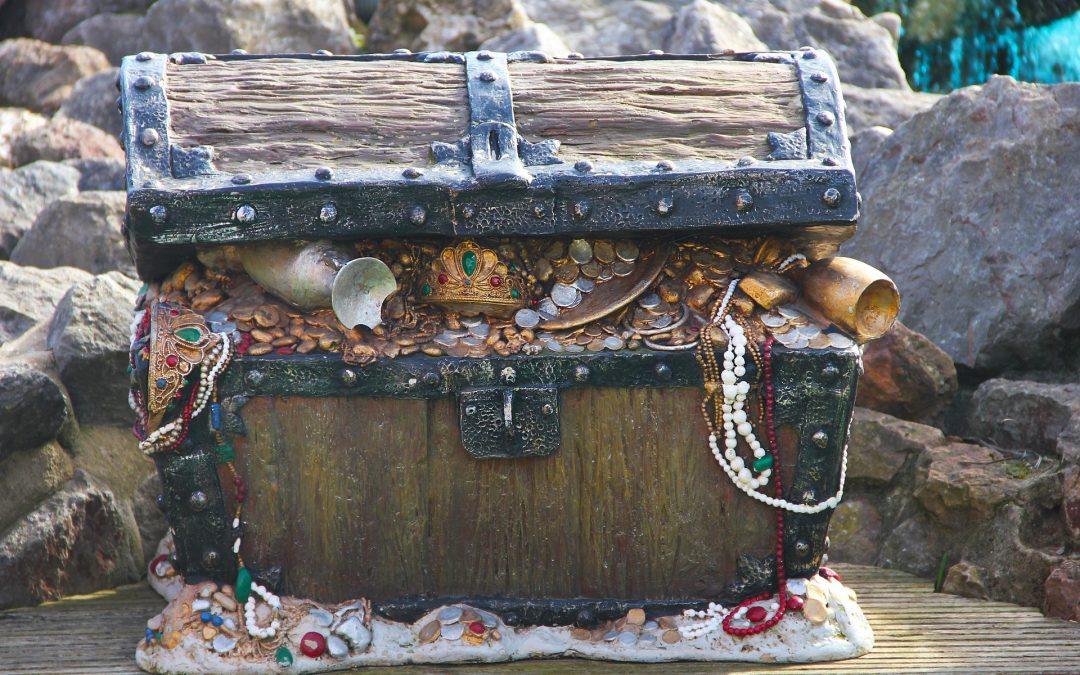Depending on the circumstances, probate may be a time-demanding and expensive process. In some cases, up to five percent of someone’s estate can go into probate expenditures, which may be a colossal amount of assets depending on the decedent’s wealth.
This way, it is vital to employ a more strategic viewpoint and work with an expert probate attorney to minimize probate’s implications as much as possible. In this article, you will discover the probate-exempt assets in Florida.
Probate-Exempt Assets in Florida – An Overview
In short, the list of probate-exempt assets in Florida encompasses:
- Real estate owned in joint tenancy or tenancy by the entirety
- Assets held into a trust
- Retirement accounts
- Bank/brokerage accounts with payable-on-death (POD) and transfer-on-death (TOD) beneficiaries
- Life insurance or brokerage-related accounts with beneficiaries that are not the decedent
- Bank/brokerage accounts under joint tenancy
- Home furnishings (up to $20,000 in value) located in the decedent’s main residence upon death
- Tuition programs (only those qualified under IRS Code – Section 529)
- Specific types of death benefits
Typically, the heirs of probate-exempt assets in Florida may be the decedent’s surviving spouse or the decedent’s children (if there is no surviving spouse).
Assets Held Into a Trust
One of the most efficient ways to avoid probate is transferring ownership of property to a trust. There are two main types of trusts – irrevocable and revocable. As its name suggests, after being signed into existence, an irrevocable trust cannot be modified.
Nonetheless, revocable trusts offer a much more flexible option, as it is possible to change, amend, or even dissolve its legal structure up until the trustor’s passing.
Payable-on-Death (POD) and Transfer-on-Death (TOD)
A payable-on-death (POD) account is a bank account with a named beneficiary. While the account holder is still alive, the named beneficiary cannot have access to the assets held in the account.
However, upon the holder’s passing, the beneficiary must present an ID and a certified copy of the death certificate to claim the funds.
A transfer-on-death (TOD) account is a bank/brokerage account similar to a POD, considering the named beneficiaries neither have access nor control over the holder’s assets while the person is alive.
TOD accounts include 401k retirement savings, individual retirement accounts, and other types of retirement accounts.
Tenancy By Entirety
Tenancy by the entirety is a form of shared property ownership exclusive to married couples. Instead of divisible ownership, each individual in the couple has the entire ownership of a property.
This form of ownership applies to tangible and intangible assets, including real property, joint bank accounts, etc. Any property held under tenancy by the entirety is probate-exempt, as it automatically grants tights of survivorship if one of the spouses dies.
Probate-Exempt Assets in Florida – What Happens to Homestead Property?
As provided by Florida law, homestead property refers to one’s primary residence. Subject to size limitations, the real property must have “the extent of no more than one-half of an acre of contiguous land in a municipality.”
In terms of probate, homestead property is a complex matter. Hence, the best way to protect homestead property against probate is to sit down with an expert estate planning attorney to tailor a specific strategy.
Protect Your Assets from Probate in Florida – Work with Jurado and Farshchian, P.L.
The best approach to avoid probate in Florida is to lay out a solid estate plan. Do not waste time with uncertainty. Call Attorney Romy B. Jurado today at (305) 921-0976 or send an email to [email protected] to schedule an initial consultation.





